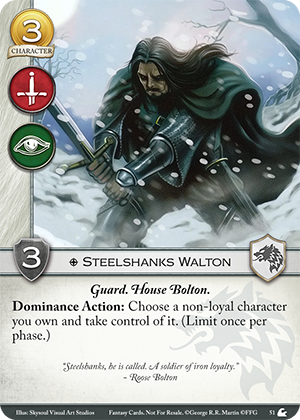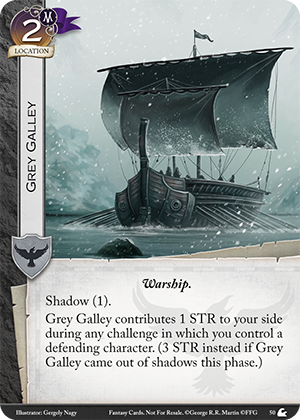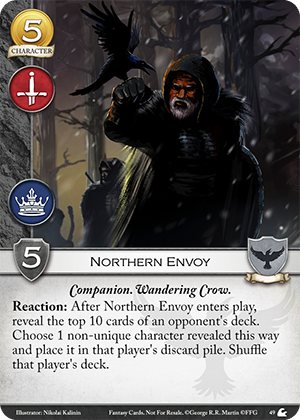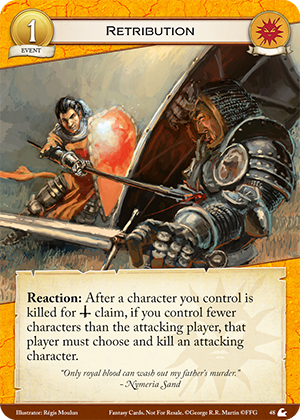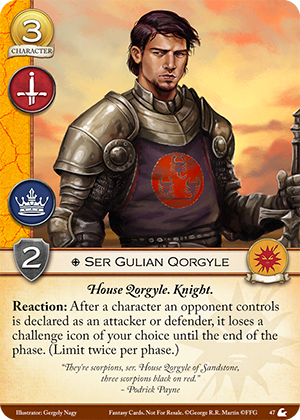Diseñado y construido por Alsciende.
Mantenido por stopfstedt
Contact:
Datos de cartas mantenidos por el equipo de TheIronThrone.net.
Traducido al castellano por fafranco82
Contacto:
Por favor, indicanos cualquier error, sugerencia o petición de caracterísitcas en GitHub
Puedes contribuir aportando dinero en Paypal.
La información presentada en este sitio sobre Juego de Tronos: El juego de cartas Segunda Edición, tanto la
gráfica como la literal, está bajo los derechos de
Fantasy Flight Games. Este sitio no está producido, aprobado, apoyado ni afiliado con Fantasy Flight Games,
ni con su distribuidora en España, Edge Entertainment.
